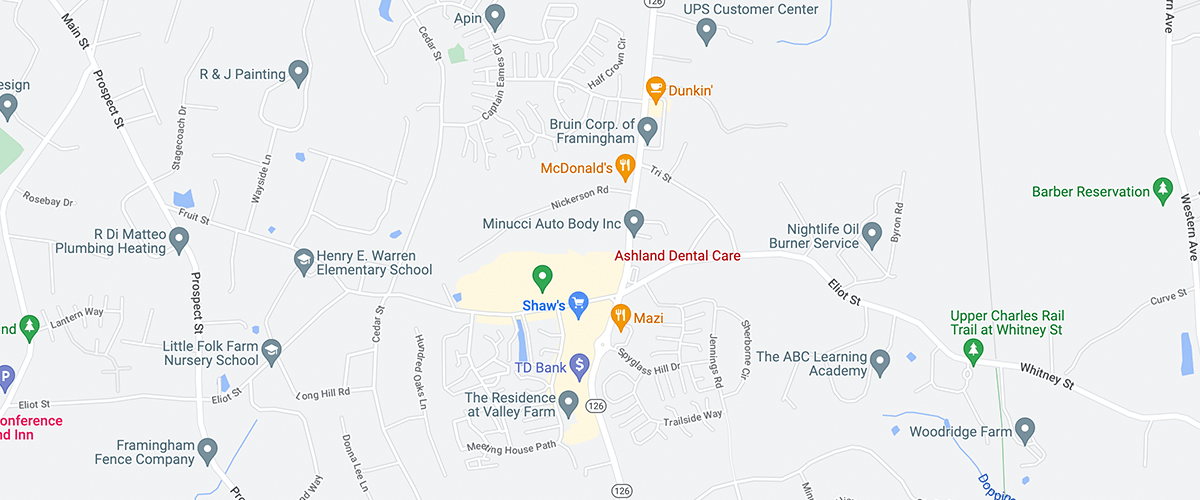Is a Crown Necessary for My Child’s Baby Tooth?
April 26th, 2023

Part of the charm of your child’s smile is those delicate, diminutive baby teeth. We enjoy those smiles while we can, because soon enough, primary teeth make way for the adult teeth that will last your child a lifetime. So you might be surprised if our doctor and our team recommend a crown for your child’s baby tooth. Is this procedure necessary when the tooth is going to fall out eventually anyway?
Yes, it really is. If a primary tooth is lost before its normal lifespan, several problems can arise.
- Biting and chewing—a full set of baby teeth is best for proper chewing and digestion. And chewing also helps develop face and jaw muscles.
- Speech development—primary teeth help guide speech production and pronunciation.
- Spacing—a baby tooth serves as a place holder for the adult tooth waiting to replace it. If a primary tooth is lost too early, teeth may drift from their correct location and cause overcrowding or misalignment.
When is a Crown Necessary?
The enamel in a baby tooth is thinner than the enamel found in adult teeth, and a cavity can spread quickly throughout a tooth. Within a short period, the tooth’s structure might be too weak for a regular filling. Sometimes the pulp inside the tooth becomes injured or infected and an endodontic treatment is necessary to remove pulp tissue from inside the tooth. The interior will be filled, but the delicate enamel surrounding it will be fragile. Or an accident can leave a tooth fractured or broken, but still vital.
In each of these cases, a crown will protect the tooth from further decay or damage, and will allow the tooth to function normally until an adult tooth is ready to replace it.
What Types of Crowns are Available?
By far the most common choice for a primary tooth is a stainless steel crown. These crowns are prefabricated and can be fitted snugly to your child’s individual tooth. They are easy to place, less expensive than other crown alternatives, and will last until the tooth is ready to fall out in its proper time. If your child suffers from a metal allergy, or a more natural looking crown is necessary, talk to us about other possible options during your appointment at our Ashland office.
Sure, preserving a baby tooth that was never designed to be permanent seems contradictory. But saving a tooth that helps your child develop proper eating habits, speech production, and correct adult tooth alignment? Those are benefits that will last a lifetime.



